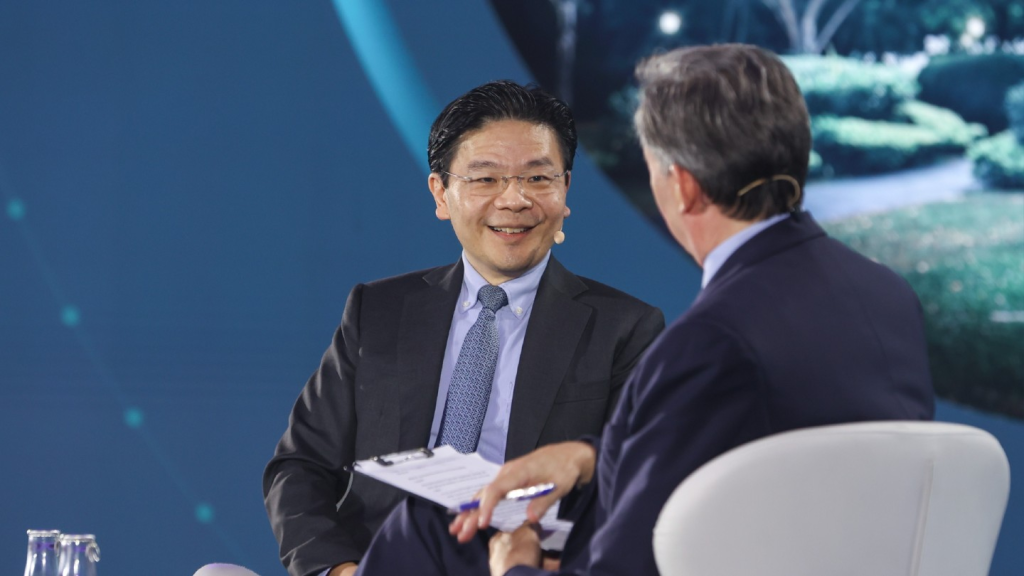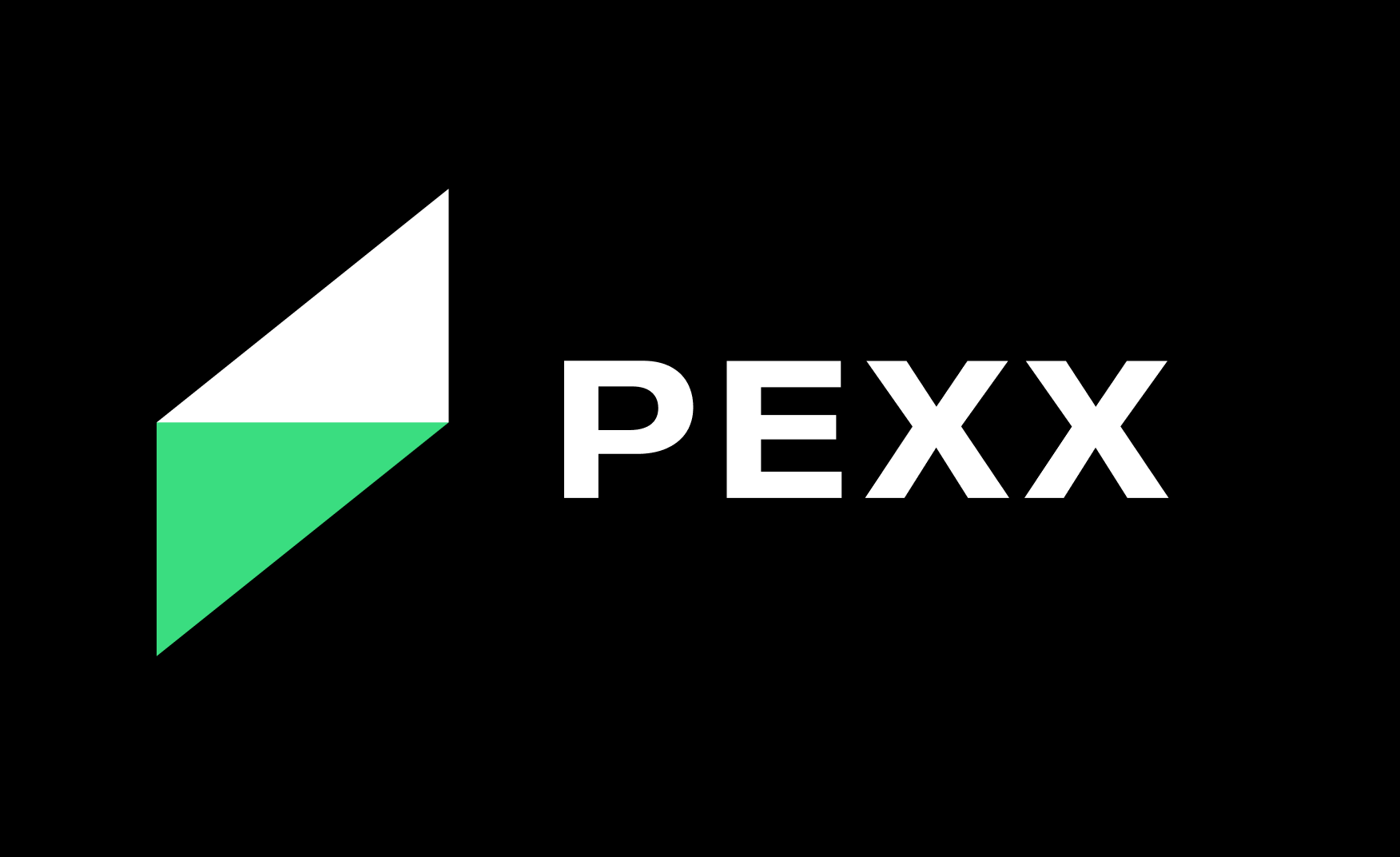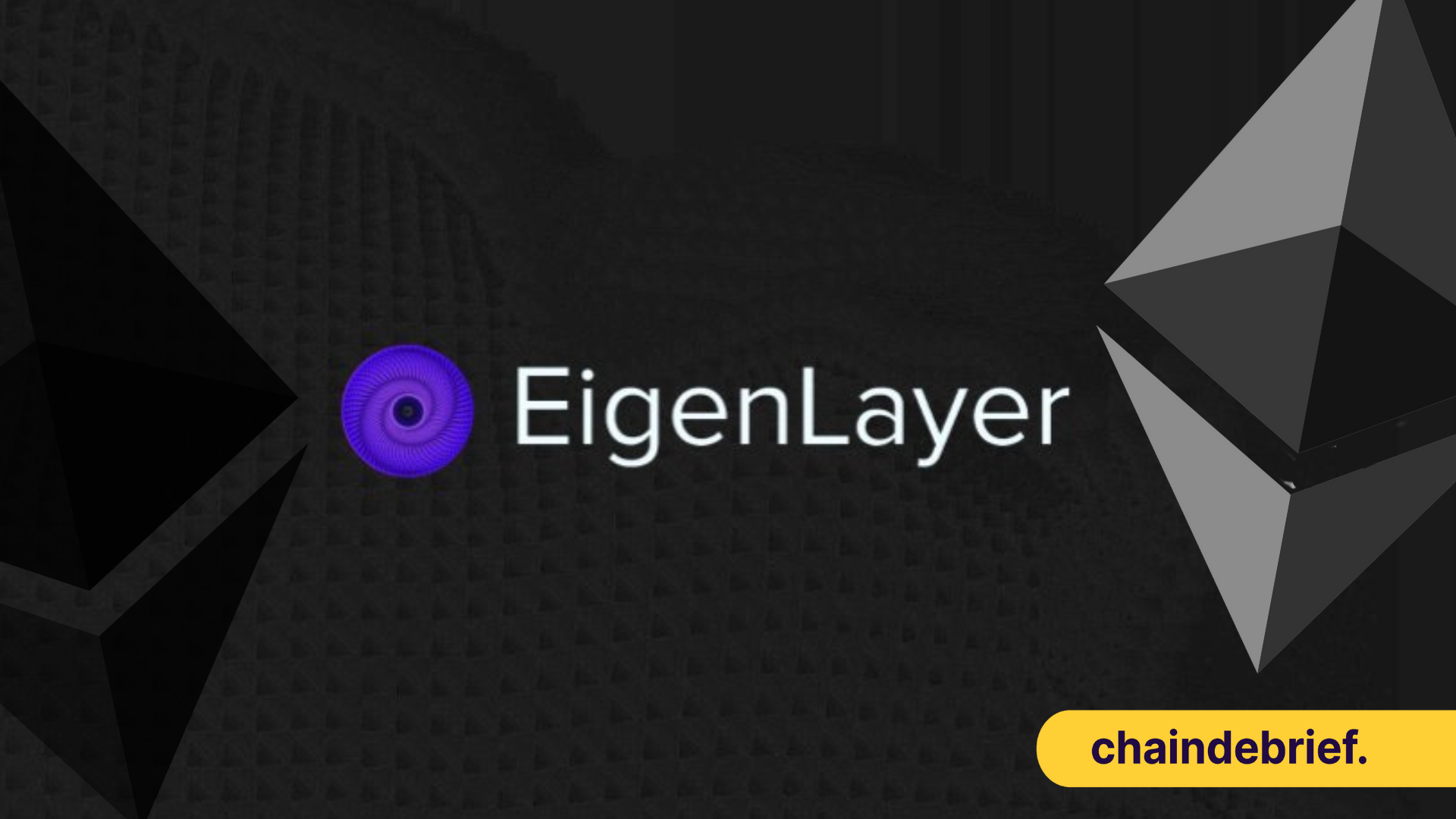On the 13th of October this year, Singapore is set to witness its next presidential election as current president Halimah Yacob declines a second term.
Amongst the potential candidates is Mr. Tharman Shanmugaratnam, who announced his resignation from all his positions in the government in June this year, including that of Chairman of the Monetary Authority of Singapore (MAS), having held the position for over a decade.
The MAS, as Singapore’s central bank and financial regulatory authority, plays a pivotal role in shaping the future of the financial landscape, including its approach towards cryptocurrencies, by defining the direction and establishing regulatory guidelines.
Stepping into the position of MAS chief is Deputy Prime Minister (DPM) and Minister for Finance, Lawrence Wong, who assumed office on July 8th, 2023.
With this leadership change at the MAS, the question arises: what are Lawrence Wong’s views on cryptocurrencies and web3 technologies, and how might they shape Singapore’s approach going forward?
Who is Deputy Prime Minister Lawrence Wong?
Lawrence Wong, currently serving as the Deputy Prime Minister and Minister for Finance, has an impressive background with Master’s degrees in Economics and Public Administration.
Prior to his political career, he held significant roles as a civil servant, including Chief Executive of the Energy Market Authority and Principal Private Secretary to Prime Minister Lee Hsien Loong.

Entering politics in 2011 as a member of the People’s Action Party (PAP), he has since held various key positions in government, including those at the Ministry of Communications, Culture, and Defence. Additionally, he serves as an advisor to multiple councils, unions, and foundations.
Recently, on June 6, 2022, Lawrence Wong was appointed as the Deputy Prime Minister.
Moreover, he assumed the chairmanship of the Monetary Authority of Singapore (MAS), where he had previously been the deputy chairman, and took on the role of Chairman of Singapore GIC’s Investment Strategies Committee, having previously served on the board of directors.
Now, let’s delve into Lawrence Wong’s stance on cryptocurrency and explore how it differs from his predecessor, as well as what potential directions the Monetary Authority of Singapore may take under his leadership.
A Clear Distinction Between Innovation and Speculation for Singapore
While Singapore has been heralded as a “Cryptocurrency hub” in the past, DPM Lawrence Wong has made clear during a talk at Bloomberg’s New Economy Forum that Singapore is open to digital innovation and digital asset innovation, but that it is “not open to crypto speculation at all.”

Deputy Prime Minister of Singapore Lawrence Wong speaking at Bloomberg’s New Economy Forum.
Image Courtesy: Prime Minister’s Office
He clarifies that Singapore’s bet on digital innovation in finance, particularly with regards to payments and capital markets, has been reinforced by the current cryptocurrency markets.
Even when local regulators were criticized for having too stringent regulations surrounding Web3, the Deputy Prime Minister maintains that Singapore’s strong stance on crypto speculations, especially by retail participants, remains the correct choice.
Also Read: 3 New Proposals You Need To Know As A Crypto Investor In Singapore
He also stressed similar points during his opening address at last year’s Singapore Fintech Festival, alongside themes of continuous innovation, especially with regard to digital payments.
Even before the collapse of cryptocurrency exchange giant FTX, the Monetary Authority of Singapore had put out a consultation paper on tightening regulatory rules for retail cryptocurrency investors. Following the collapse of the Terra Luna ecosystem and its native stablecoin UST, the MAS made proposals that would introduce new regulations including the possibility of a risk assessment test for local investors.
Also included was the disallowing of incentives offerings, such as giving away free tokens or gifts to attract users.
In late 2022, the MAS also passed a ban on crypto platforms advertising or marketing their services in public areas, or the engagement of third parties such as social-media influencers.
Digital Assets Investment In The Wake of FTX
While the collapse of centralized cryptocurrency institutions last year were widely felt by the industry, one unlikely victim was Temasek Holdings, a global investment company owned by the Singaporeans government.
The fund, which had invested millions into cryptocurrency exchange FTX, was forced to write off $275 million, or approximately 0.09% of its net portfolio value of SGD$403 billion at the time.
Despite DPM Wong noting that the loss had more to do with FTX’s misrepresentation of their financials and that fault was not to be pinned on any lack of due diligence, the reputational damage incurred by the investment seems to already impacted the fund’s strategies going forward.
Just this month, Chief Investment Officer of Temasek Holdings, Rohit Sipahimalani, told CNBC that Temasek is not currently looking to invest in another cryptocurrency exchange, citing “regulatory uncertainty” as a key reason.
However, DPM Lawrence Wong, in his address to parliament, did not introduce any new guidelines for regarding Temasek investing in cryptocurrency or blockchain technology.
“Following the FTX collapse, some members have suggested implementing more guidelines and safeguards over the investments made by Temasek and GIC. That is understandable, but the governance structures in place today for Temasek and GIC are already more extensive than those of a typical company.” He said.
“Instead, we should insulate the boards from political pressures, let them do their work, carry out their responsibilities and fulfill their investment mandates commercially, and professionally.”
Currently, the Singaporean government does not hold any direct exposure to cryptocurrency assets or cryptocurrency companies.
A Payments-Focused Stance on Web3?
While Singapore is moving away from Web3 businesses investment-wise, the island nation is continuing to encourage digital asset innovation, especially for payments and infrastructure-focused companies.
More recently, the Monetary Authority of Singapore has granted licenses to companies that use blockchain technology as infrastructure for payment services such Ripple and Circle.
These licenses being granted are in line with DPM Lawrence Wong’s repeated emphasis on digital payments, with some of the listed companies, such as StraitsX (Fazz), also involved in MAS’ Digital Money Pilot Scheme.
As part of the pilot, the MAS is exploring the possibility of Central Bank Digital Currencies (CBDCs), tokenized securities, and more on the blockchain.
“There should be no doubt at all that we are embracing fully the underlying technologies of distributed ledgers, and the potential that they have to transform financial markets. In short, we aim to become a centre for innovative and responsible digital asset activities” DPM Lawrence Wong shared at last year’s Singapore FinTech Festival.
Under Project Guardian, a long running initiative to integrate blockchain technology with public financial infrastructure, the MAS has also overseen many key milestones for Web3 in Singapore, including J.P. Morgan’s first ever live trade on the blockchain.
Going forward, the MAS has pointed out two key areas in which blockchain technology will be more heavily utilized – Trade Finance and Wealth Management. The removal of third parties and their associated costs could be crucial milestones for rising adoption by banks, with Singapore at the centre of it all.
The Little Red Dot’s Vision for Web3
Overall, Deputy Prime Minister (DPM) Lawrence Wong appears to hold comparable views to his predecessor, Mr. Tharman Shanmugaratnam, reflecting a measured and consistent approach by the MAS and Singapore with regard to the emerging cryptocurrency industry.
Moreover, the focus is expected to shift towards exploring the potential of underlying blockchain technology.
Rather than being solely preoccupied with the speculative nature of certain cryptocurrencies, the emphasis will be on understanding and leveraging the transformative capabilities of blockchain.
Furthermore, the emphasis on blockchain technology aligns with Singapore’s broader goals of becoming a global hub for fintech and innovative financial solutions. By nurturing a conducive environment for blockchain-based initiatives, Singapore aims to attract forward-thinking companies and bolster its status as a leader in the rapidly evolving digital economy.
While Singapore is no longer heralded as the cryptocurrency hub of Asia, the country is quickly paving the way to lead the world in digital payments.
The MAS’ overall stance on cryptocurrency regulation has yet to change as well.
Recent proposals to tighten retail access should not undermine the progressive, and precautionary stance that they have taken toward Web3, especially when compared to the ongoing crackdowns overseas.
Also Read: Singapore To Tighten Retail Staking Services, Tells Crypto Firms To Keep Customer Assets in Trusts
[Editor’s Note: This article does not represent financial advice. Please do your own research before investing.]
Featured Image Credit: Chain Debrief



































